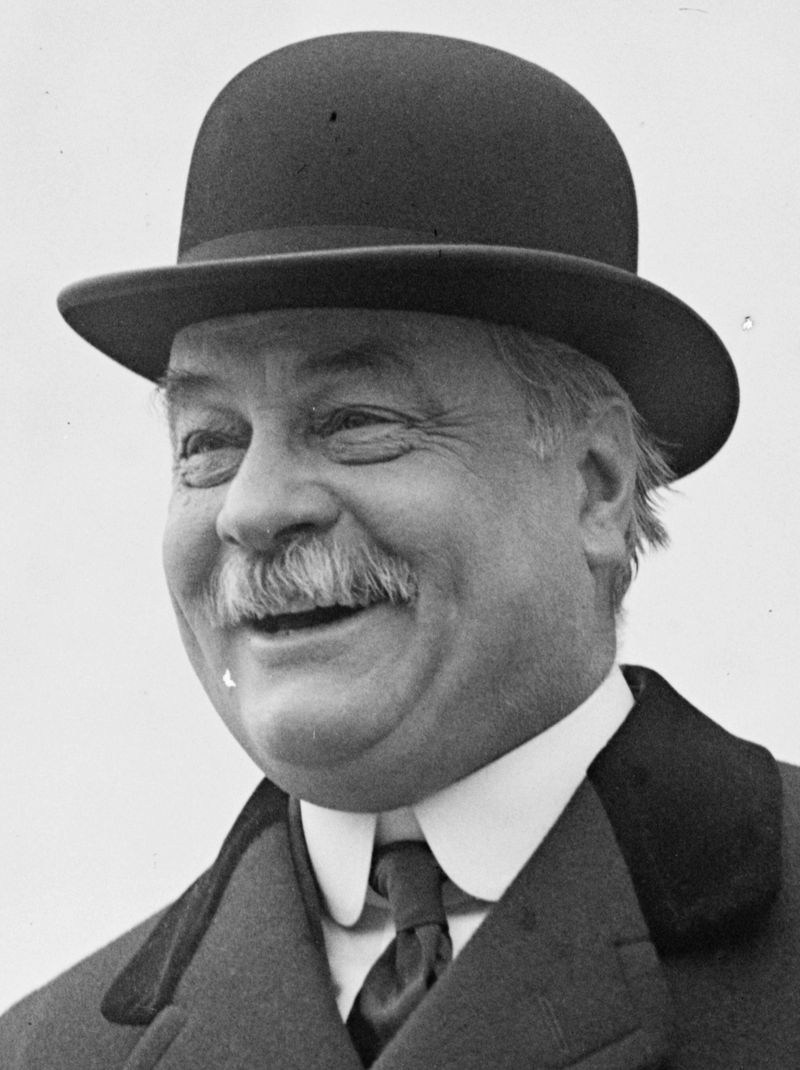Why was Nicholas Murray Butler Awarded the Nobel Prize for Peace in 1931?
Advocate of International Harmony and Disarmament
Nicholas Murray Butler: A Statesman of Peace Recognized by the Nobel Prize
The Nobel Prize for Peace has historically honored individuals who have demonstrated exceptional dedication to advancing international cooperation, resolving conflicts, and promoting harmony among nations. One such eminent laureate is Nicholas Murray Butler, whose profound contributions to diplomacy, education, and international relations led to his well-deserved recognition with the Nobel Prize for Peace in 1931.

Early Life and Academic Excellence
Nicholas Murray Butler, born on April 2, 1862, in Elizabeth, New Jersey, exhibited a remarkable intellect from a young age. His thirst for knowledge propelled him to excel academically, and he eventually became a renowned scholar and educator. Butler’s intellectual prowess and passion for learning paved the way for his future endeavors in diplomacy and global affairs.
Educational Advocacy and Diplomacy
One of the primary reasons for Nicholas Murray Butler’s Nobel Peace Prize was his tireless advocacy for education as a cornerstone of peace and progress. As the president of Columbia University from 1902 to 1945, Butler championed academic collaboration and cultural exchange, believing that fostering intellectual dialogue among nations could pave the way for peaceful coexistence.
Butler’s diplomatic achievements were also instrumental in earning him the Nobel Prize. He played a pivotal role in promoting international cooperation and disarmament, notably through his involvement in the League of Nations. Butler’s commitment to finding diplomatic solutions to global conflicts highlighted his belief in the power of dialogue and negotiation as alternatives to military aggression.
League of Nations and International Diplomacy
Nicholas Murray Butler’s active participation in the League of Nations showcased his dedication to upholding peace and preventing future wars. He was a key figure in efforts to strengthen the League’s institutions and enhance its effectiveness in maintaining international order. His belief in the potential of collective security and diplomatic mediation underscored his commitment to fostering a more harmonious global community.
Butler’s diplomatic initiatives also extended to arms control negotiations and disarmament efforts. His role in advocating for the Kellogg-Briand Pact, which sought to renounce war as a means of settling disputes, demonstrated his commitment to creating a world where conflicts could be resolved through peaceful means.
Legacy and Enduring Influence
Nicholas Murray Butler’s legacy as a statesman of peace and education continues to resonate in the modern world. His contributions to international diplomacy, his unwavering support for academic cooperation, and his dedication to resolving conflicts through dialogue have left an indelible mark on the pursuit of global harmony.
The Nobel Prize for Peace awarded to Nicholas Murray Butler in 1931 celebrated his remarkable achievements in promoting international cooperation, education, and diplomatic dialogue. His visionary efforts in advancing the ideals of peace, disarmament, and diplomacy have had a lasting impact on the international stage. Butler’s legacy serves as a testament to the enduring importance of intellectual exchange and diplomatic engagement in fostering a more just and peaceful world.




